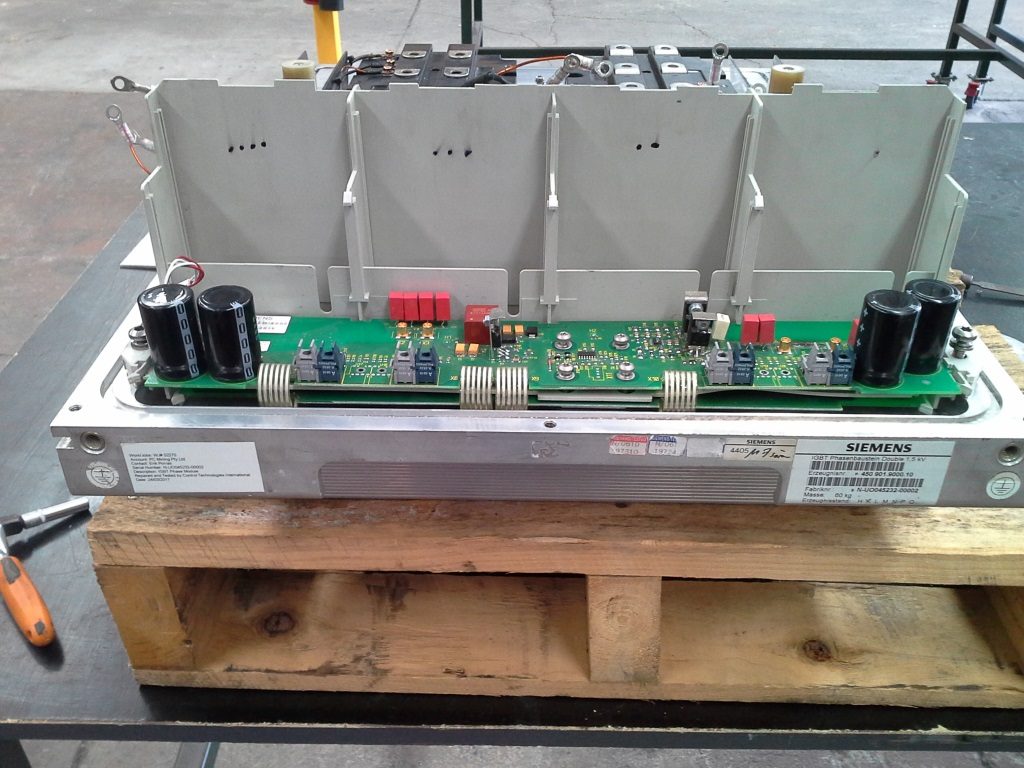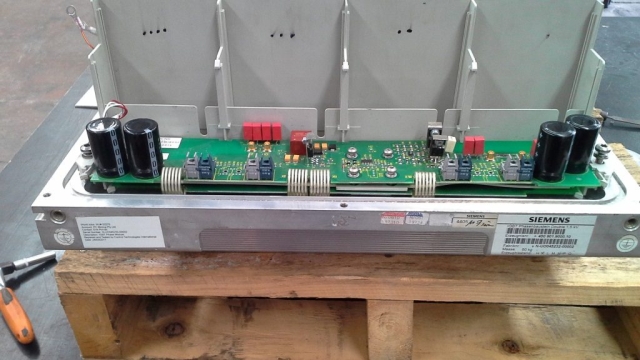
In the realm of power electronics, IGBT modules have emerged as a critical component, offering a gateway to enhanced performance and efficiency across various applications. These intelligent power modules have paved the way for cutting-edge advancements in industrial machinery, renewable energy systems, and electric vehicles. Understanding the intricacies of IGBT modules is vital for engineers, technicians, and enthusiasts seeking to harness their full potential.
At the core of an IGBT module lies the insulated gate bipolar transistor, a semiconductor device known for its high efficiency and fast switching capabilities. By combining the advantages of MOSFETs and bipolar junction transistors, IGBT modules strike a harmonious balance between voltage and current handling capacities. This unique composition empowers these modules to operate seamlessly in demanding environments where robustness and reliability are paramount.
Benefits of IGBT Modules
IGBT Module
IGBT Modules offer high power efficiency, making them ideal for applications requiring a controlled flow of power. This efficiency leads to reduced energy consumption and lower operating costs.
Another key benefit of IGBT Modules is their reliability and durability. With advanced thermal management and protective features, these modules can withstand harsh operating conditions and maintain consistent performance over a long lifespan.
Furthermore, IGBT Modules provide precise control over power switching, allowing for efficient power management and improved system performance. This level of control makes them essential components in modern power electronics applications.
Key Applications
In the realm of renewable energy, IGBT modules play a crucial role in enabling the efficient conversion of power from sources such as solar panels and wind turbines. By optimizing energy flow and minimizing losses, IGBT modules contribute to the sustainability of these clean energy sources. Their ability to handle high voltage levels efficiently makes them ideal for use in inverters and converters in renewable energy systems.
IGBT modules are widely utilized in electric vehicles to enhance performance and reliability. By controlling the flow of electrical current, these modules help manage power distribution in electric vehicle applications. Their high power density and fast switching capabilities make them essential components in electric vehicle powertrains, ensuring smooth operation and maximizing energy efficiency on the road.
Industrial automation relies heavily on the precise control and management of machinery and equipment, where IGBT modules excel. From motor drives to power supplies, these modules are instrumental in maintaining operational efficiency and process control in various manufacturing processes. IGBT modules enable the precise regulation of power levels in motors and other industrial equipment, leading to improved productivity and reduced downtime in industrial settings.
Best Practices for IGBT Module Usage
When handling IGBT modules, it is crucial to ensure proper heat dissipation to prevent overheating and component failure. Thermal management solutions such as heat sinks and fans can help maintain optimal operating temperatures.
In order to protect the IGBT modules from voltage spikes and current surges, it is recommended to use appropriate snubber circuits and gate resistors. These components help to improve the reliability and longevity of the IGBT modules in various applications.
Regular monitoring and maintenance of IGBT modules are essential for detecting any potential issues early on. Periodic checks on connections, insulation resistance, and cooling systems can help prevent unexpected failures and ensure the efficient operation of the modules.
